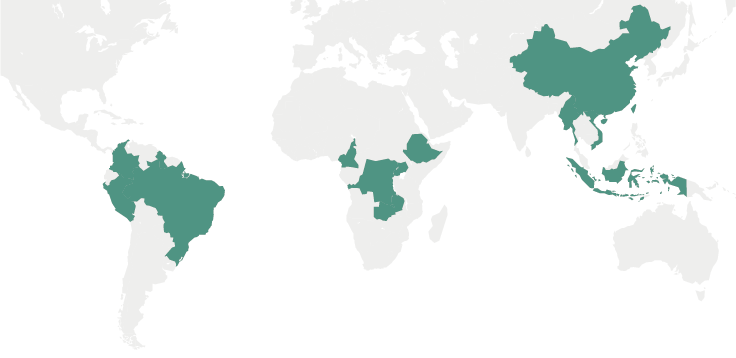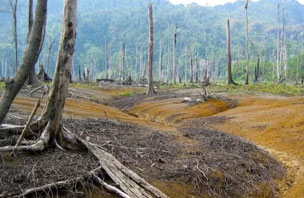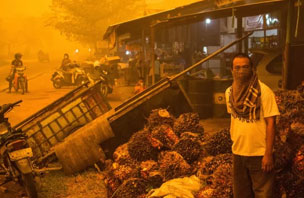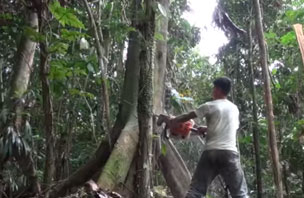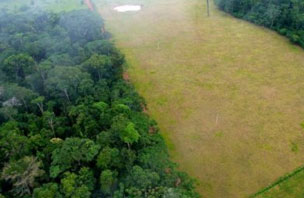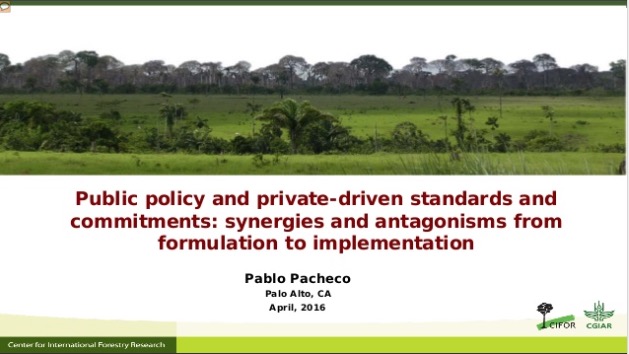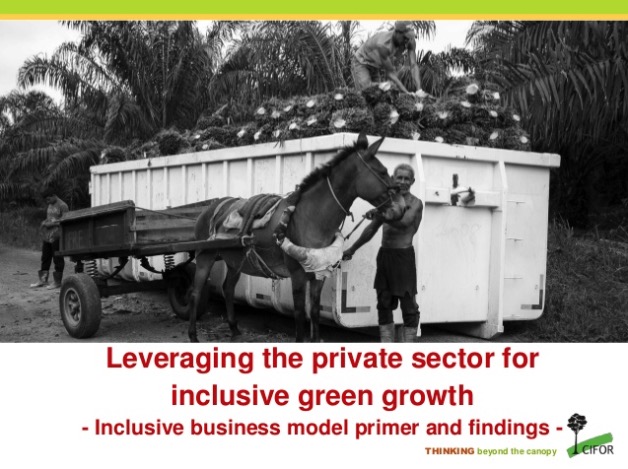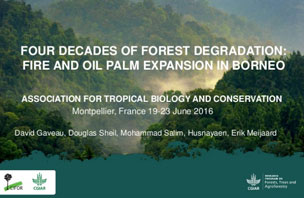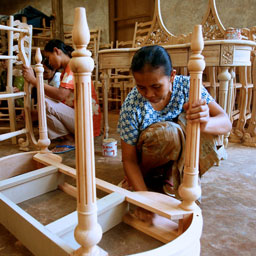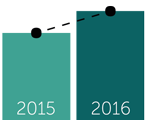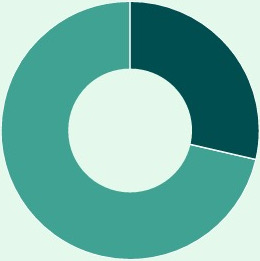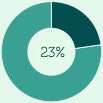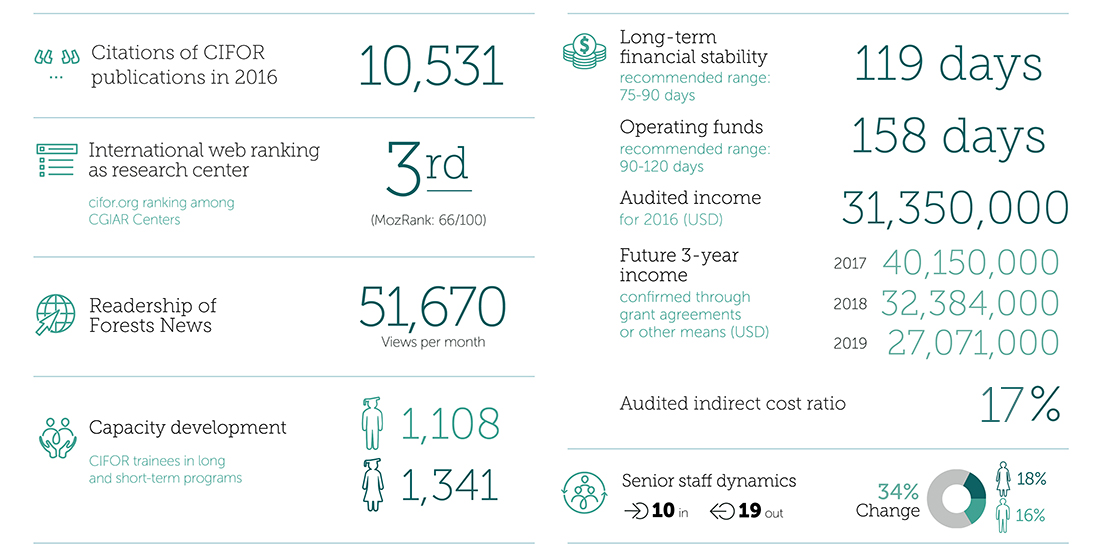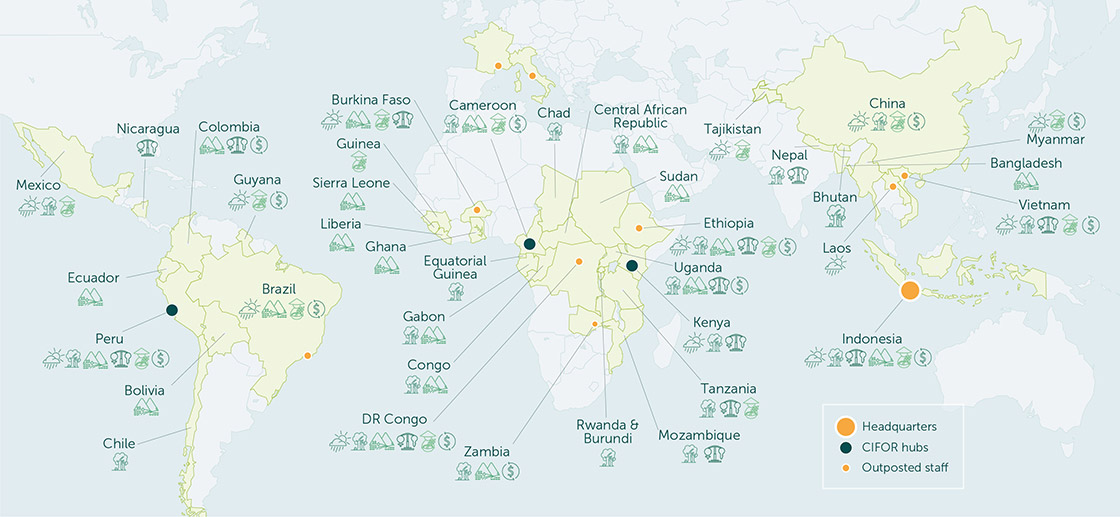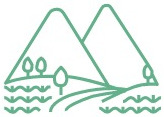
Highlights
2016 Achievements
- Key recommendations from our research on the political economy of fire and haze have been adopted by Indonesia’s national planning agency and integrated into the government’s 2017–2019 fire prevention platform, and at the provincial government in Riau in their plans for fire prevention.
- A 10-year strategic roadmap based on participatory action research on furniture value chains in Indonesia has strengthened the capacity of furniture producer organizations to meet sustainable timber standards.
- We are conducting work to better understand the different types of smallholder producers in oil palm expansion, and how provision of services can be improved for the uptake of sustainability practices. Our findings are informing several debates in Indonesia about upgrading smallholder production systems.
- CIFOR scientists and partners conducted extensive research and analysis of the role of women in Indonesia’s oil palm sector, culminating in a set of recommendations for the Roundtable on Sustainable Palm Oil on how to embed gender-explicit criteria in their standards.
What is needed are business models designed to share the costs, risks and benefits involved in encouraging smallholders to shift to more sustainable production practices… but that’s still an open question.
Pablo Pacheco, Team Leader, Value chains, finance and investments at CIFOR, in an interview on private investments and smallholders at the Global Landscapes Forum: The Investment Case in London
Expert analysis
- CIFOR’s new online atlas, based on over 40 years of deforestation research in Borneo, can identify oil palm and pulpwood companies that practiced deforestation from those that avoided it by planting on degraded land – revealing a sharp increase in the conversion of forests to oil palm plantations in Indonesia over the last decade.
- CIFOR scientists untangled the issues surrounding the drivers and outcomes of illegal logging which are multilayered like a ‘Russian nesting doll’, along with the policy responses to tackle it and the results achieved so far.
- Zero deforestation commitments by governments and private-sector companies hold a lot of promise, but how these pledges can actually save forests in Indonesia, Brazil and elsewhere is fraught with challenges, explain scientists from CIFOR’s value chain and finance team.
- Thirty experts in community forestry detail their experiences in Central Africa in a French book co-published by CIFOR and the Food and Agriculture Organization of the United States, and analyzed what fosters or limits the success of inclusive forest management.
All Value chains and finance publications >
Global outreach
CIFOR scientists traveled from London to Brunei to Washington DC this year, sharing insights on finance for smallholders, public and private actions for sustainable beef and palm oil, and inclusive green growth.
- Global Landscapes Forum – The Investment Case, London, UK
- Global Landscapes Forum – Climate Action for Sustainable Development, Marrakesh, Morocco
- Asia-Pacific Rainforest Summit, Brunei Darussalam
- World Bank Conference on Land and Poverty, Washington DC, USA
Photo by N. Sujana/CIFOR.

